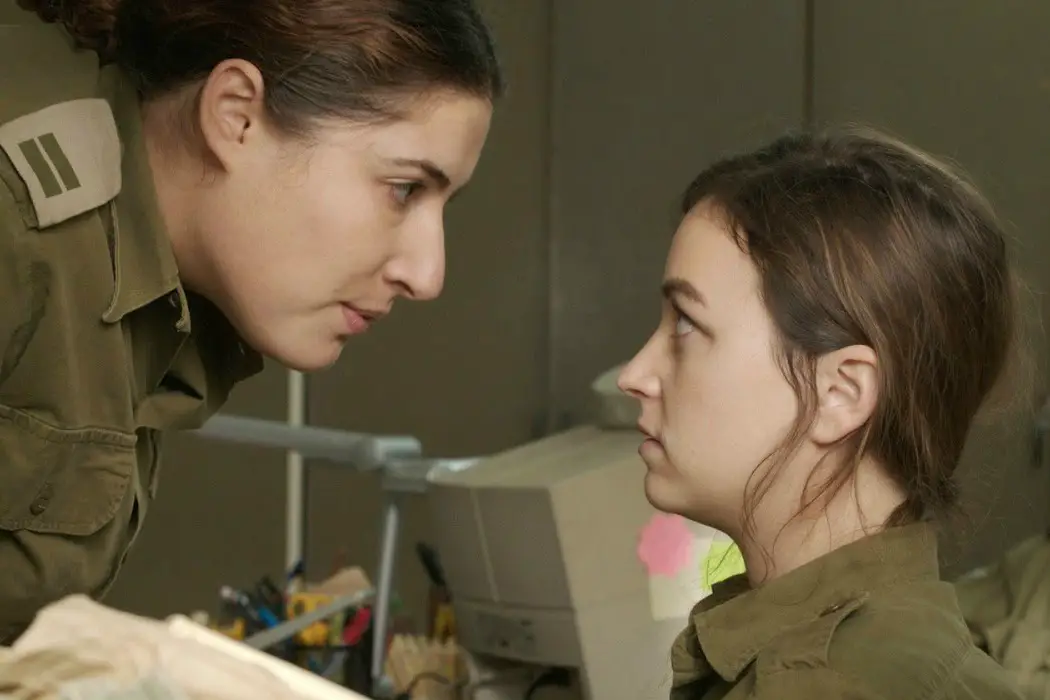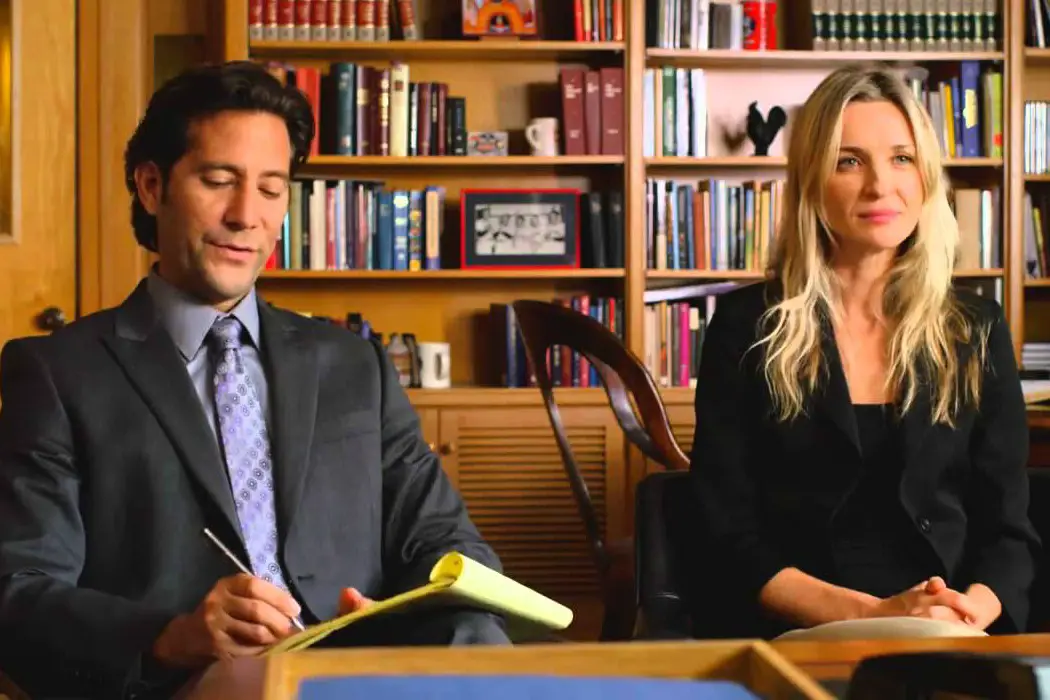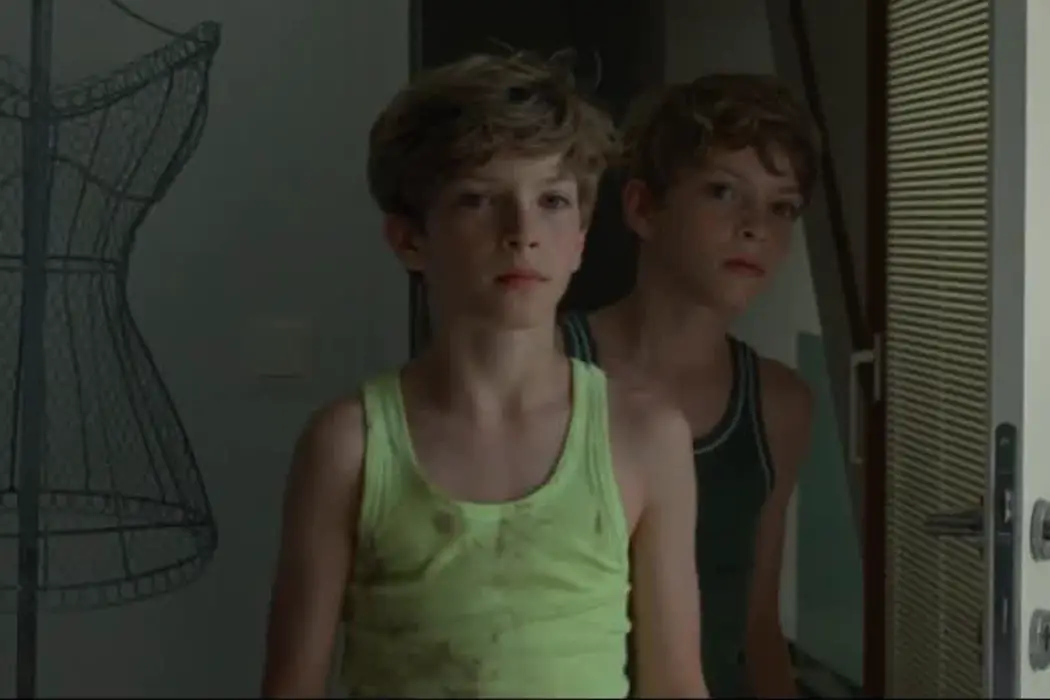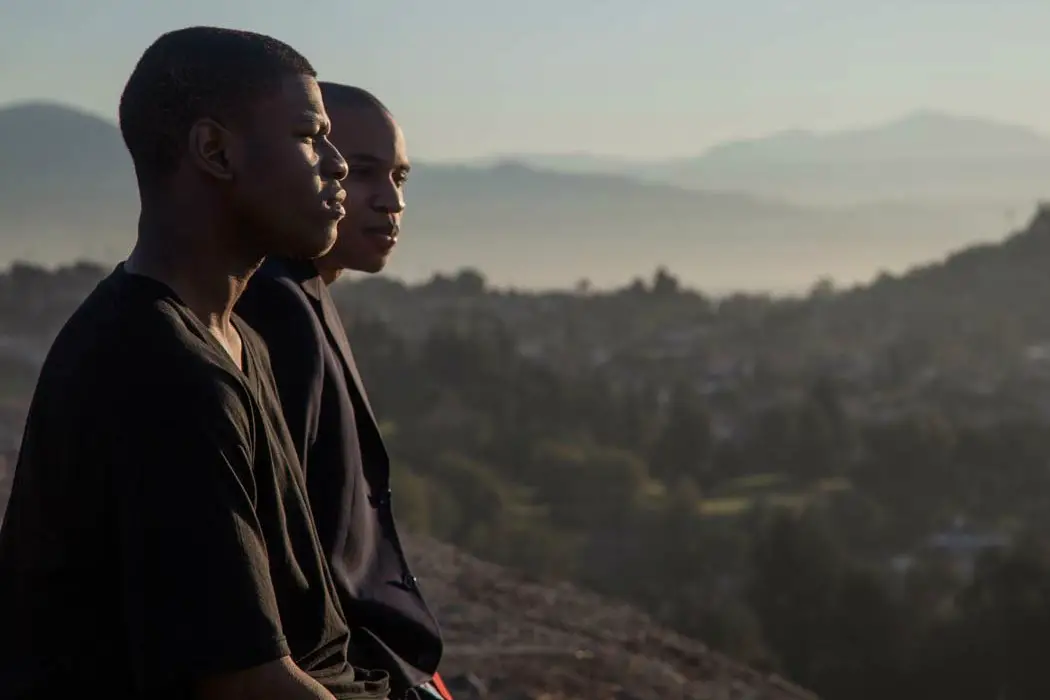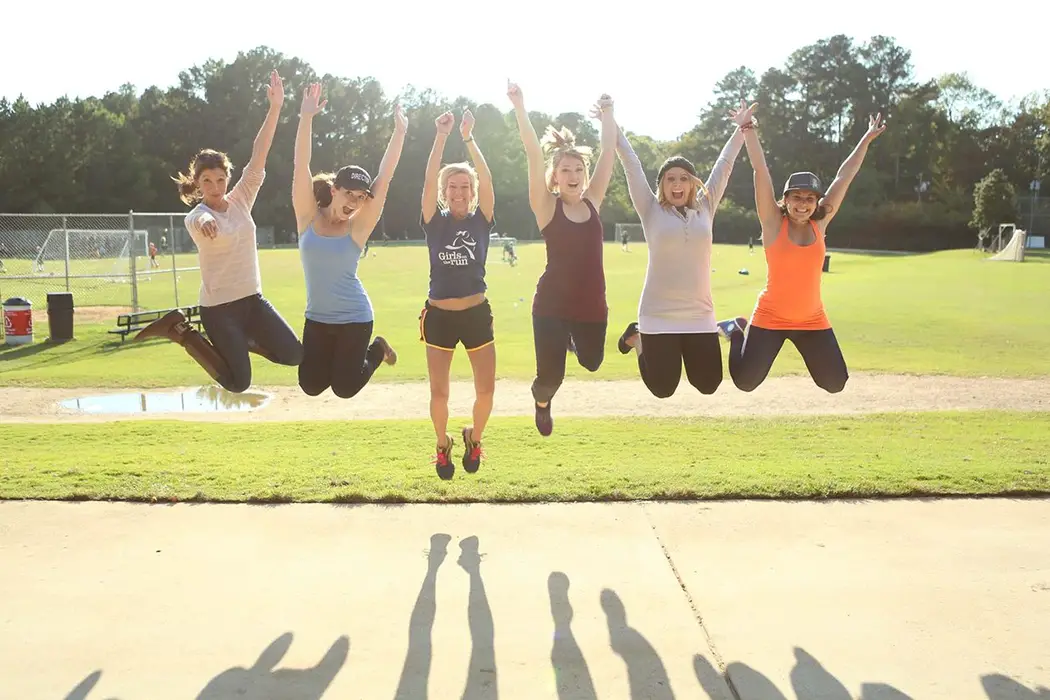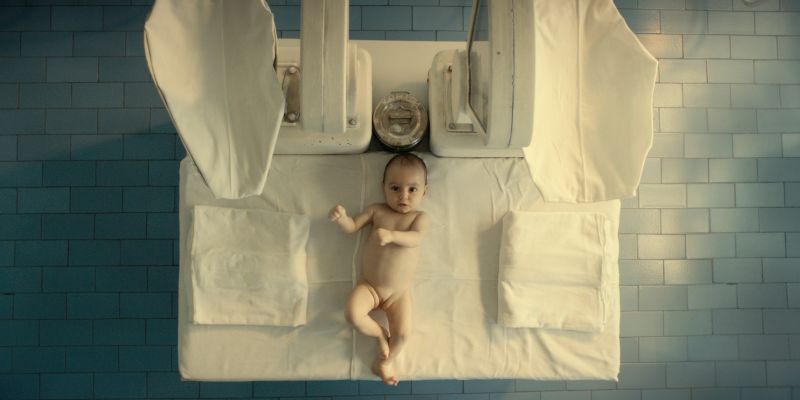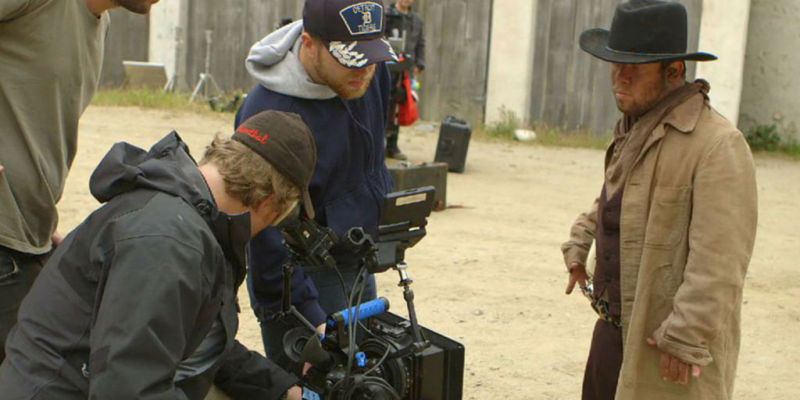2014
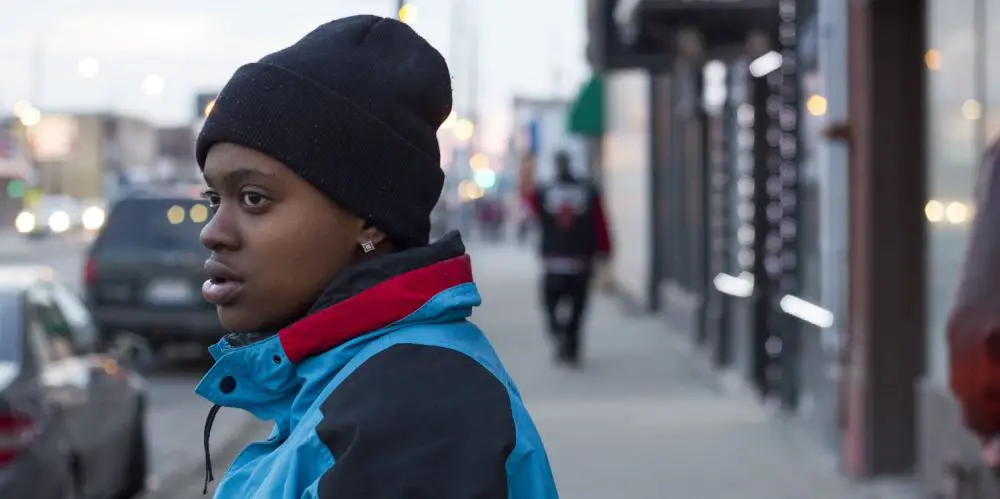
The sincerity of The Homestretch is certainly never in doubt. Depicting the plight of three homeless teens in Chicago, Anne de Mare and Kirsten Kelly’s documentary interweaves the personal stories with various facts and statistics highlighting the widespread nature of the issue. Unfortunately, despite its pure intentions, The Homestretch never really manages to succeed to be truly engaging, regardless of the clear warmth of the three featured youths.
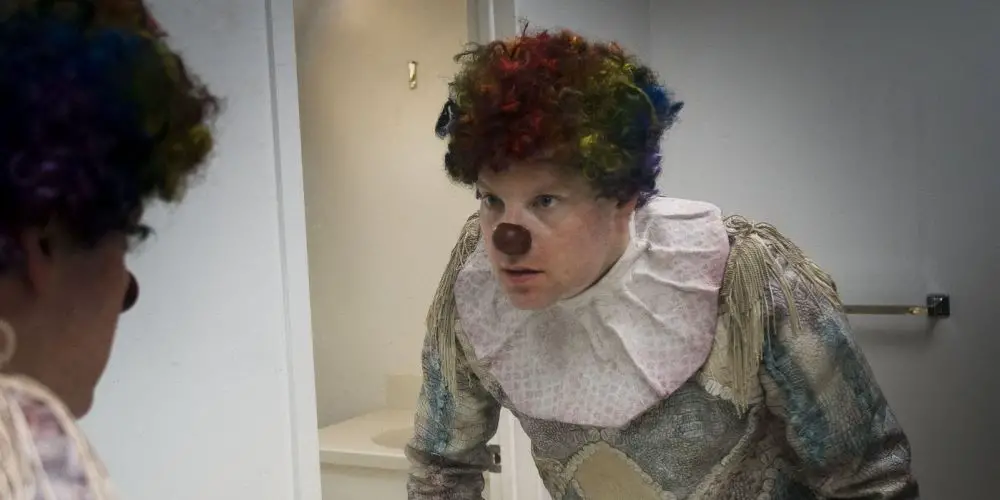
Written and directed by Jon Watts with co-writer Christopher Ford back in 2014, Clown has been in the offing for some time now. Originally conceived in 2010 as a fake trailer for a forthcoming feature attraction fictively produced by contemporary horror genre guru Eli Roth, Watts’ first feature length production is a mixed bag. Blending various elements of body horror with the basic thematic structure of a domestic comedy, Clown is more silly than it is scary.
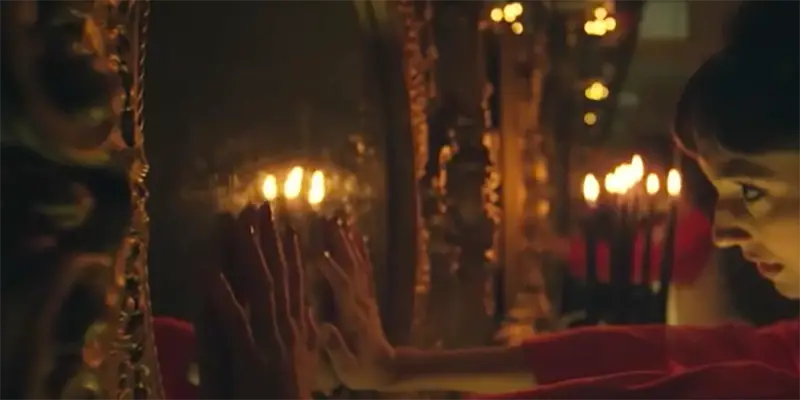
Mark of the Witch (also known as Another), written and directed by Jason Bognacki, is described as a horror fantasy film. It tells the story of Jordyn, played by Paulie Rojas, who is confronted with her Aunt Ruth’s (Nancy Wolfe) attempted suicide just minutes after blowing out her birthday candles, and soon discovers a dark secret about herself. Jordyn just wanted to know who she is and where she comes from, which her Aunt Ruth acknowledges is a perfectly normal thing for anyone to wonder about.
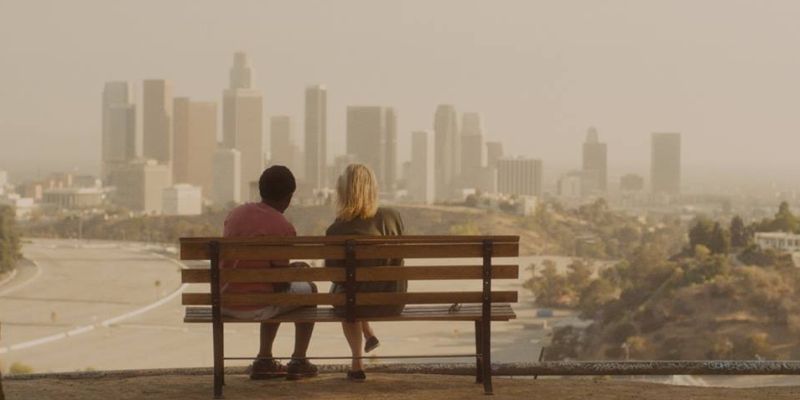
You may be wondering why you are reading a review for a film initially slated for release in 2014, after its première at the Los Angeles film festival, in the here and now of 2016. It tells us a lot about contemporary cinema and the struggle independent films face in finding distribution that this well-made film has waited two years for a wider release when there have been countless lesser films clogging our screens in the intervening time. It has been with the recent support of Ava DuVernay’s company ARRAY that Echo Park has found a cinematic release in LA and New York as well as an international release through Netflix and, if you are looking for something different to the sometimes saccharine cuteness of US indie romances, I would encourage you to seek this film out.
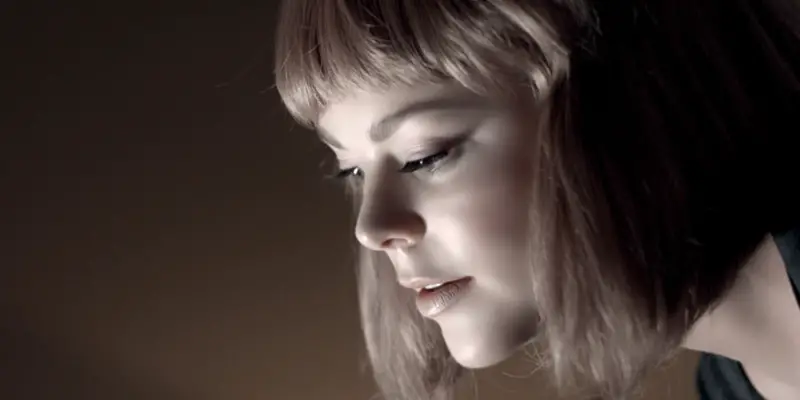
With technology rapidly advancing as the solution to even the most basic human tasks, director Ariel Martin’s sci-fi short The iMom takes “what if” to a chillingly stark place. Modern Parenting Set in a not-too-distant future, robotics has evolved to the point of public consumption. Realistic in both appearance and reaction, the affordable iMom (Matilda Brown) is the latest innovation in aiding new parents with the daunting task of child rearing.
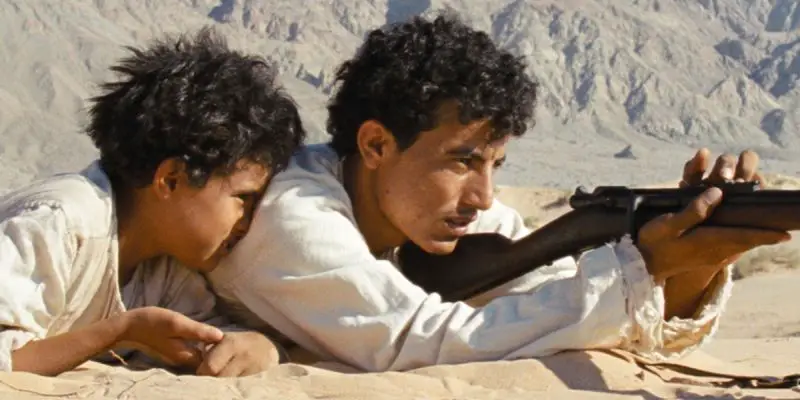
Theeb is an excellent film from this past year, and I’m afraid the precious few people will make it out to see it due to the lack of distribution. Had it not been nominated for the Best Foreign Language Film Oscar this year, I probably would have never come across this little gem. Theeb is set in 1916 toward the end of the Ottoman Empire, in a province known as Hijaz (around Saudi Arabia and Medina) where two brothers, who hail from a family nomads, escort a British soldier with a mysterious wooden box to the Ottomon railway.
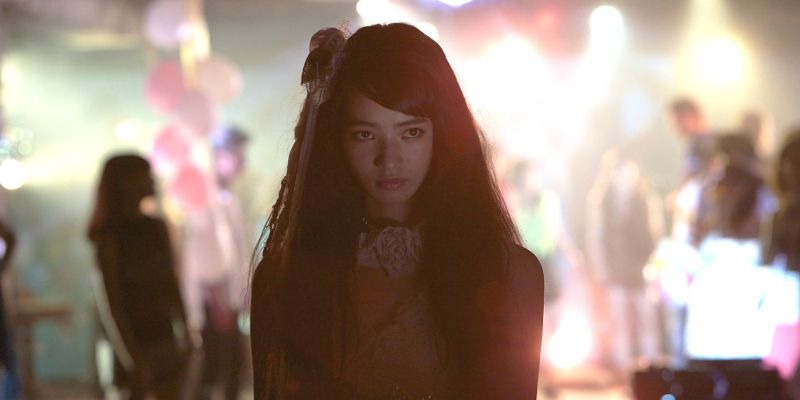
To try and properly describe The World of Kanako is quite a tough feat. So far I have a mix of the youth-filled slaughter of Battle Royale, the rapid-fire non-linear editing of John Boorman’s Point Blank, and the grittiness of Sam Peckinpah’s Bring Me the Head of Alfredo Garcia, smashed together in a blood soaked blender and left to sit in the sun. The World of Kanako is a brutal, convoluted and pop-culture infused neo-noir which punctures a bandage-wrapped fist in the face of decency in delivering its twisted story.
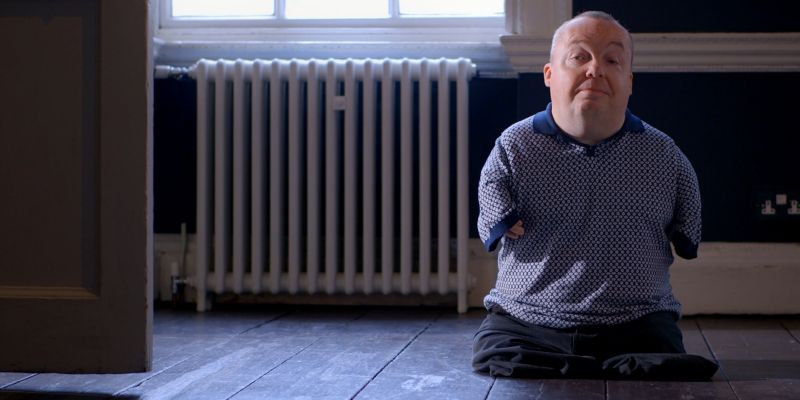
The world is a terrifying place. Its machinations are convoluted constructions managed by a mixture of public servants or private business people whom we would like to assume have the public’s best interests at heart, but whose true motives are more dubious and difficult to discern. Oftentimes financial imperatives outweigh common sense, and the result is disaster on a massive scale.


